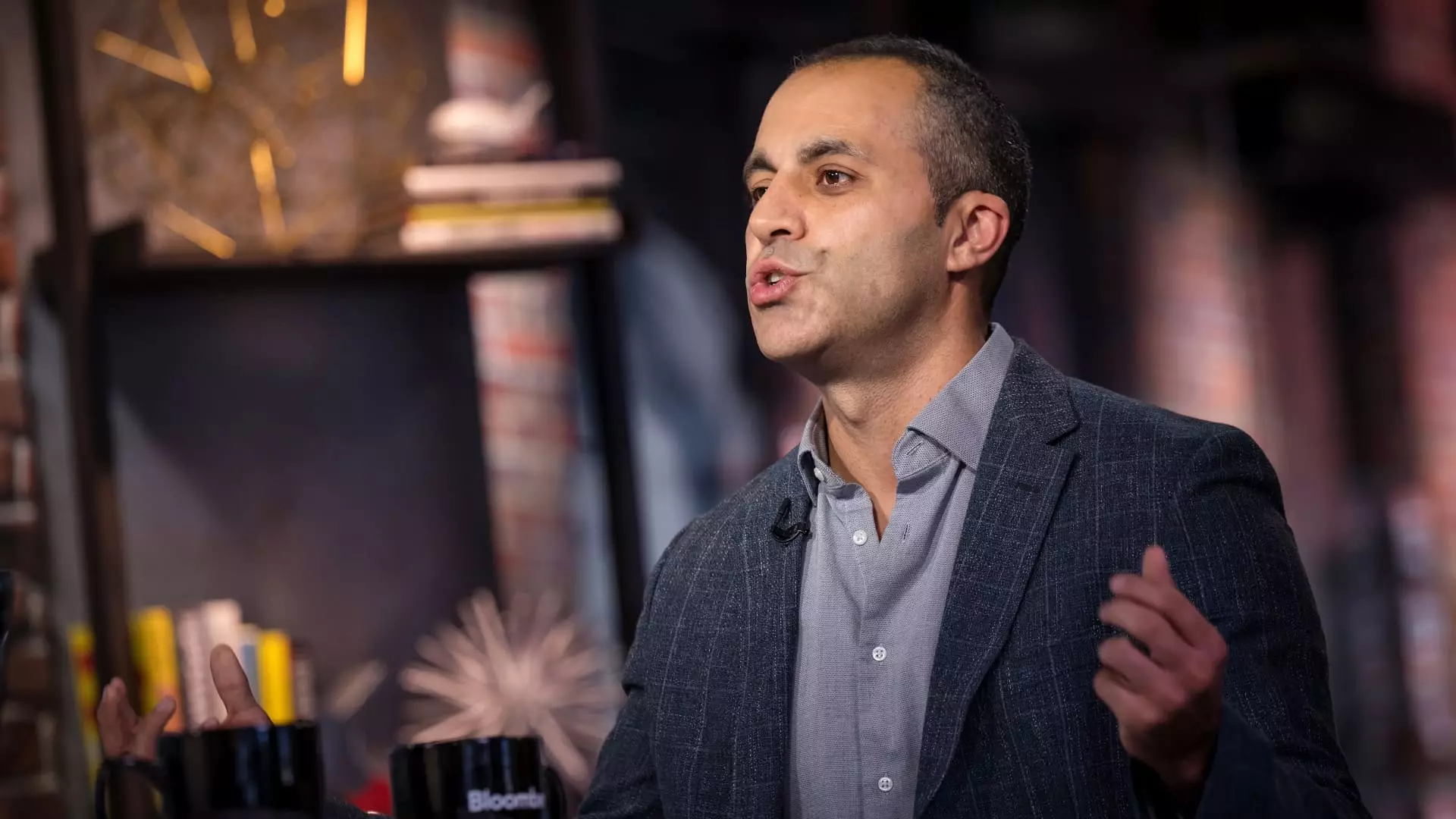In the rapidly advancing world of technology, particularly in artificial intelligence, companies have been under immense pressure to establish themselves as industry leaders. Databricks, a San Francisco-based company that has carved out a niche in data analytics and AI, exemplifies this dynamic perfectly. The firm is on the cusp of securing an additional $5 billion in funding—potentially rising to $8 billion—a move that signals its intent to bolster its financial position without hastily pursuing an initial public offering (IPO). The anticipated valuation of $55 billion positions Databricks as one of the most valuable private tech entities globally, highlighting the strategic significance of its latest financial ventures.
One of the more interesting components of this funding round is its designed purpose: allowing employees to cash out some of their shares. This tactic not only benefits individual employees but also alleviates the upward pressure for the company to file for an IPO. When employees have the means to realize the value of their stock options, the urgency for a public market debut diminishes significantly. Executives at Databricks have indicated that while going public remains a possibility—potentially in late 2024—the current investor interest offers enough flexibility to maintain private status for the time being. The implications for the company’s internal culture could be profound since employees might experience enhanced job satisfaction and reduced financial anxiety.
As 2024 shapes up to be a landmark year for artificial intelligence funding, with AI startups attracting a staggering one-third of all venture capital, Databricks is well-placed to ride this wave. The company’s recent acquisition of MosaicML, focused on natural language processing, speaks to its ambition not just to participate in the AI realm but to lead it. This strategic move not only augments its existing capabilities but also signals to investors that Databricks is deeply committed to developing cutting-edge technology. Competing firms like OpenAI are setting formidable benchmarks, having raised an impressive $6.6 billion just recently, yet Databricks appears undeterred, steadily growing despite the market’s volatility.
The broader market context presents challenges for software companies, especially those considering an IPO. The rising interest rates have impacted stock performances across the board, with rivals witnessing declines in share value. For instance, Snowflake, a direct competitor, has seen its stock drop by 13% this year. This market environment complicates the plans of companies like Databricks that once had a straightforward path to going public. However, their decision to continue raising funds privately signals resilience and a long-term vision.
CEO Ali Ghodsi has articulated a clear philosophy centered on sustained success rather than immediate financial gains from an IPO. By positioning Databricks as a leader in the AI landscape, Ghodsi emphasizes strategic growth over quick exits. His remarks at recent conferences declare a commitment to nurturing the company’s development over the next decade or two. Such foresight is crucial in a field marked by rapid innovation and increased competition, ensuring that Databricks remains an agile player responsive to the evolving market.
While the continuous influx of capital is a boon, it begs the question of how long Databricks can or should maintain its private status. The evolving circumstances surrounding funding and market demands will ultimately shape its decision to go public. Nevertheless, the company’s present choices suggest a focus on optimizing its trajectory, securing its position in a field bursting with potential, and carefully managing its employee relations in tandem.
Databricks’ current strategy reflects a harmonious blend of ambitious growth aspirations and a measured approach to navigating the highly volatile tech and public market landscapes. As the company maneuvers through this intricate web of financial and operational challenges, its unique position as a prominent player in AI carries with it both extraordinary risks and unprecedented opportunities.

